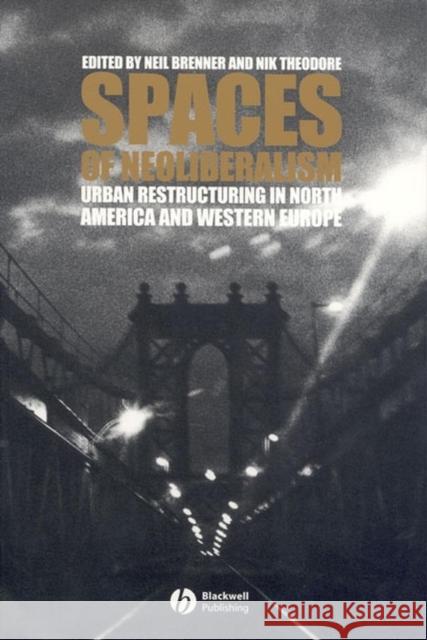Spaces of Neoliberalism: Beams, Slabs, Columns, and Frames for Buildings » książka
topmenu
Spaces of Neoliberalism: Beams, Slabs, Columns, and Frames for Buildings
ISBN-13: 9781405101059 / Angielski / Miękka / 2003 / 320 str.
This is the first volume to analyse systematically the role of neoliberalism in contemporary processes of urban restructuring.
- Includes contributions from leading scholars in the fields of critical urban studies, radical geography and state theory.
- Analyses the role of neoliberalism in contemporary processes of urban restructuring.
- Synthesises a variety of new theoretical approaches to key issues in contemporary urban studies.
- Incorporates new case study material of ongoing urban transformations in the USA, Canada, the UK and other Western European countries.











